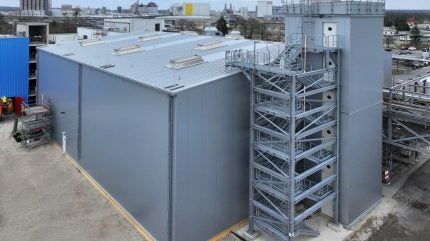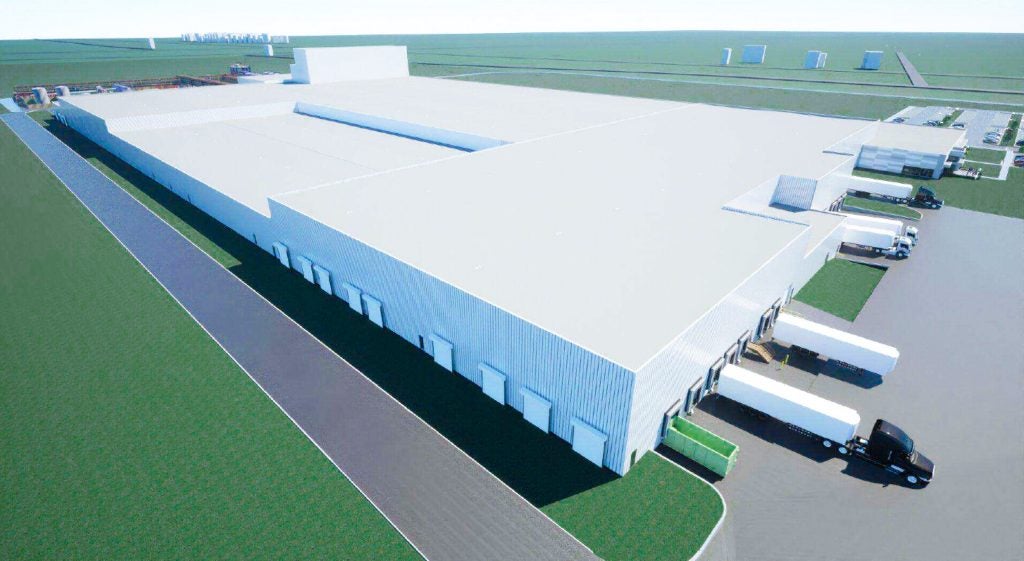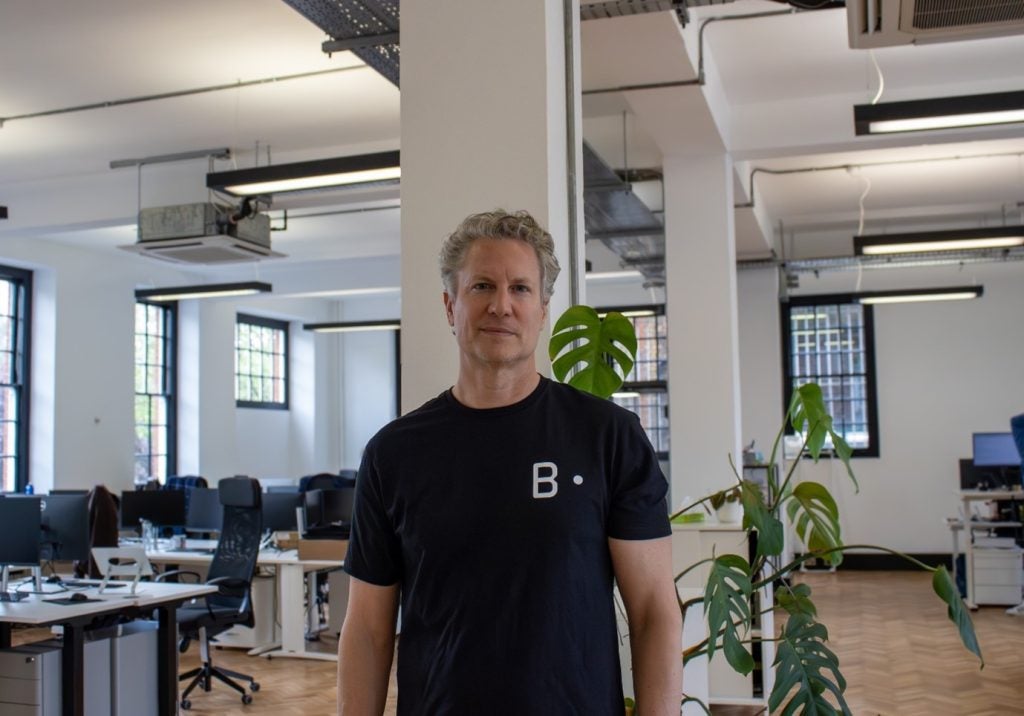
BASF has started operating its prototype metal refinery for battery recycling in Schwarzheide, Germany.
The plant is developing operational procedures and the optimisation of innovative battery recycling technology, processing end life lithium ion batteries and battery production scrap.
Once scaled up, this will facilitate optimal recovery of valuable metals such as lithium, nickel, cobalt, manganese and copper.
The prototype metal refinery was another milestone in BASF’s construction of Europe’s first co-located battery materials production and recycling centre in Schwarzheide.
It complements an existing cathode active materials plant and a recycling plant for production of black mass scheduled to start operations later this year.
BASF said it was committed to recovering valuable metals to increase the self sufficiency of Europe and comply with the EU Battery Regulation.
How well do you really know your competitors?
Access the most comprehensive Company Profiles on the market, powered by GlobalData. Save hours of research. Gain competitive edge.

Thank you!
Your download email will arrive shortly
Not ready to buy yet? Download a free sample
We are confident about the unique quality of our Company Profiles. However, we want you to make the most beneficial decision for your business, so we offer a free sample that you can download by submitting the below form
By GlobalData“At the same time, battery recycling improves the sustainability of electric vehicles as recycled metals have a significantly lower carbon footprint,” the company said.
“With the expected rapid growth of the electric vehicle market, battery recycling provides competitive and sustainable access to critical metals,” said Daniel Schoenfelder, president of the catalysts division and also responsible for BASF’s battery materials and battery recycling business.
“We will use the extracted metals to enable a truly local circular economy for the battery value chain.”
The supplier is further developing and scaling up its metal refining technology with the goal of establishing a commercial scale refinery in Europe.
This will complement an existing collection network for end of life batteries and production scrap, black mass production plus battery materials production.






